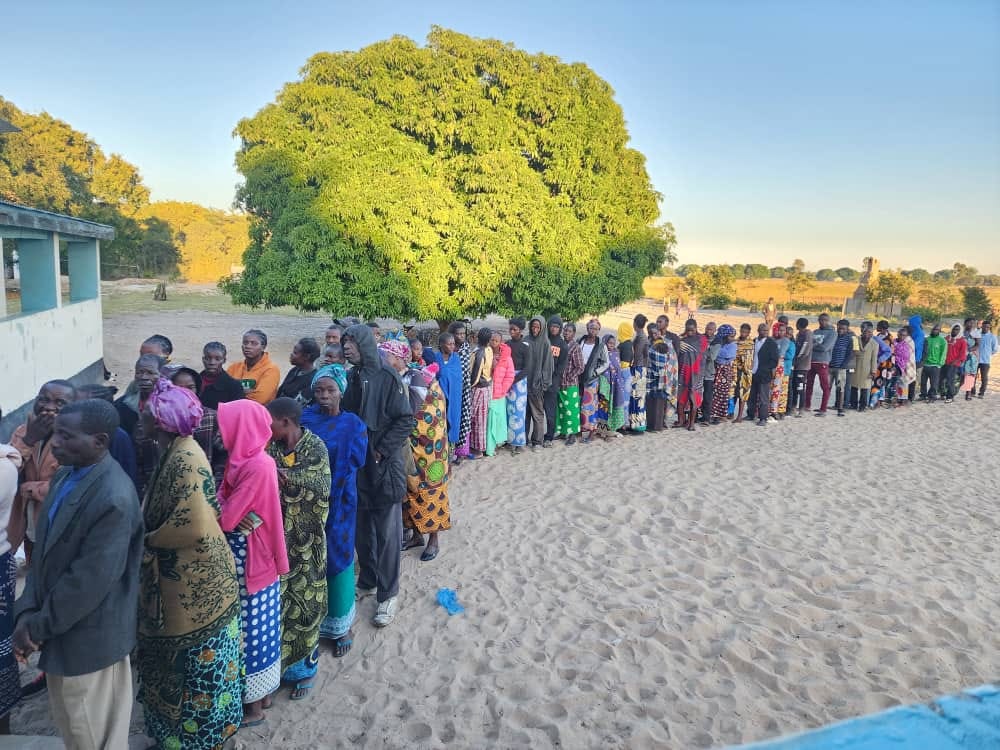On September 13, 2024, President Hichilema addressed the National Assembly, touching on various topics, but one peripheral issue—constitutional reform—has ignited national debate. His justification for reform, which includes the possibility of deferring scheduled elections, has revived concerns reminiscent of the controversial Bill 10. This renewed discussion could be seen as a positive sign, as it shows that citizens are alert and unwilling to be misled into supporting constitutional reforms driven by narrow, partisan, or short-term political interests.
The debate has primarily focused on the interpretation of Article 52(6) of the Constitution. At its core, the question is: can a scheduled election, in the context of a generalelection, be postponed beyond the date set by Article 56 of the Constitution?
For clarity, Article 52(6)states: ?”Where a candidate dies, resigns, or becomes disqualified in accordance with Article 70, 100, or 153, or a court disqualifies a candidate for corruption or malpractice after the close of nominations and before the election date, the Electoral Commission shall cancel the election and require the filing of fresh nominations by eligible candidates. Elections shall be held within thirty days of the filing of the fresh nominations.”
While this article outlines three possible triggers—death, resignation, or disqualification—it is resignation that lies at the heart of the controversy due to the relative ease with which it can occur.
Although the article seems to have caught popular imagination following the presidential speech, it has been the subject of debate for many years for those working in the electoral field and has already generated a sizeable amount of jurisprudence from the Constitutional Court. The concern has always been its potential to trigger uncertainty about when an election can be held, the cost of reprinting ballot papers and concomitant logistics, as well as potential instability if this were to happen at the presidential level where elections are a zero-sum game.
Several cases, trying either to get clarity or to enforce the provision ended up in the Constitutional Court. Initially, the Constitutional Court took a simplistic view and considered even the withdraw of an independent candidate from the race, after filing of nominations, as constituting resignation and hence necessitating the cancellation of an election. However, in the case of Governance Elections Advocacy Research Services Initiative Zambia Limited v Attorney General and Electoral Commission of Zambia 2022/CCZ/0020, the Constitutional Court tried to narrow down the scope of the article and water down some uncertainty created by its earlier decisions. It held that a candidate could only withdraw from the election before the close of the nomination period. If a candidate withdraws after nominations, the Electoral Commission was not obligated to cancel the election. This was a significant point in clarifying the law and bringing certainty. However, as the Court noted, another strand of article 52(6) could still cause the cancellation of an election. That is, where a candidate sponsored by a political party resigns after the close of nominations but before the holding of an election.
The Court noted: “For the avoidance of doubt, we wish to state that in terms of Article 52(6) of the Constitution, where a political party sponsored candidate for election as a Member of Parliament resigns after the close of nominations but before the election date, the Electoral Commission is obligated to cancel the election and call for fresh nominations from eligible candidates and call for fresh elections in accordance with Article 52(6).”
From the judgment of the Constitutional Court, it is clear that an election can be deferred where a party sponsored candidate resigns. The law does not set any limit of how many times a party sponsored candidate can resign, theoretically leaving the election at the mercy of party candidates.
The concern about article 52(6) from this angle, then, is not just an abstract or speculative issue but has materialised several times, at least at the level of local government and parliamentary elections. Although this has not happened at the presidential level, there is nothing immunising presidential elections from the potential uncertainty of the clause.
The article has also been the subject of several recommendations for reform by many local and international election observers. In 2021, for the example, the European Union Election Observation report noted: “If a candidate in any constituency dies, resigns or becomes disqualified before the election date, the ECZ is obliged by law to cancel that election and restart the entire process. This entails uncertainty for the holding of elections and unnecessary additional costs for both candidates and the ECZ.” To avoid this uncertainty, the EU report recommended amendment of the clause.
Based on article 52(6) of the Constitution and its interpretation by the Constitutional Court, it is clear that the Electoral Commission is under a duty to cancel an election where any of the three circumstances in the clause are met, regardless of the date for the general election.
[The author teaches law at the University of Zambia]

Discover more from MAKANDAY
Subscribe to get the latest posts sent to your email.



